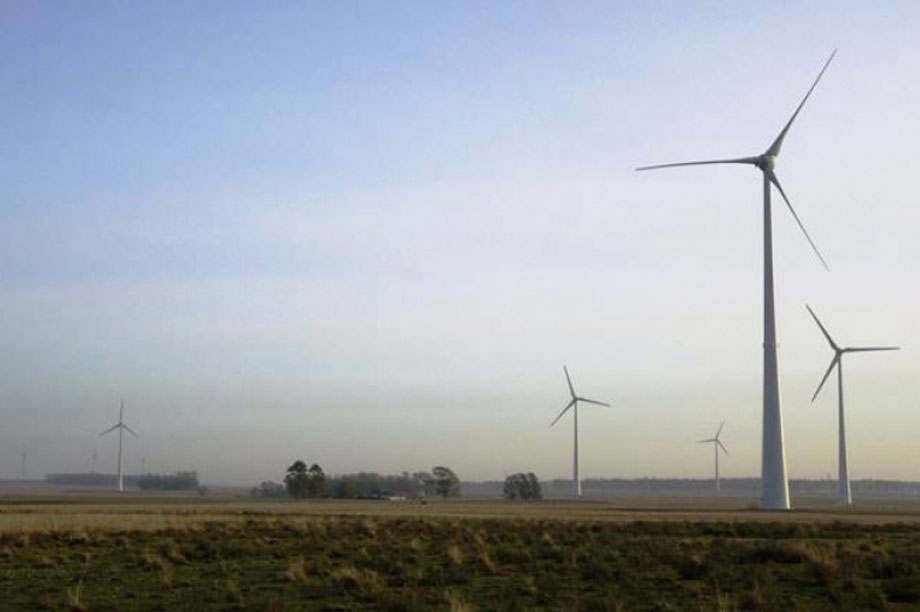EWEA does not favour rules that stipulate a percentage of components of a wind farm that must be manufactured locally. It would prefer a multilateral free-trade agreement on renewable energy, particularly after the World Trade Organisation's ruling in January that the local content requirements enshrined in the Canadian province of Ontario's renewable energy feed-in tariff are discriminatory.
However, the wind industry is familiar with the concept of local sourcing requirements, with similar rules in place in South Africa and Brazil. Many companies at EWEA's annual conference accepted that local sourcing requirements are a part of life.
Inigo Sabater, Vestas' vice-president for business development, shared this view. "It's not that we're fans of this requirement, but we need to adapt to market reality," he said. "We'd prefer a normal development of the market, where we can make industrial decisions based on demand."
Brazilian market
Alstom Wind last month won a 1.2GW contract in Brazil. Alfonso Faubel, the company's senior vice president, said: "They are the rules of the game. Alstom has been in Brazil for 55 years and we expanded our portfolio by bringing in wind.
"We're familiar with how those rules work, and we've been obeying them in transport and hydro. But it's a challenge too, because there's not a second-tier supplier base to work with."

.png)


.png)










